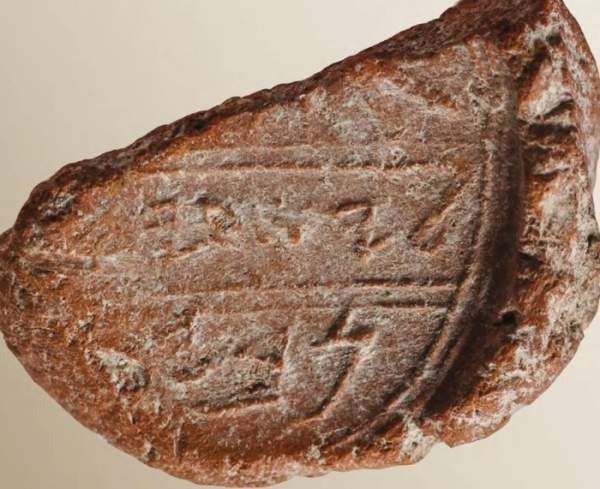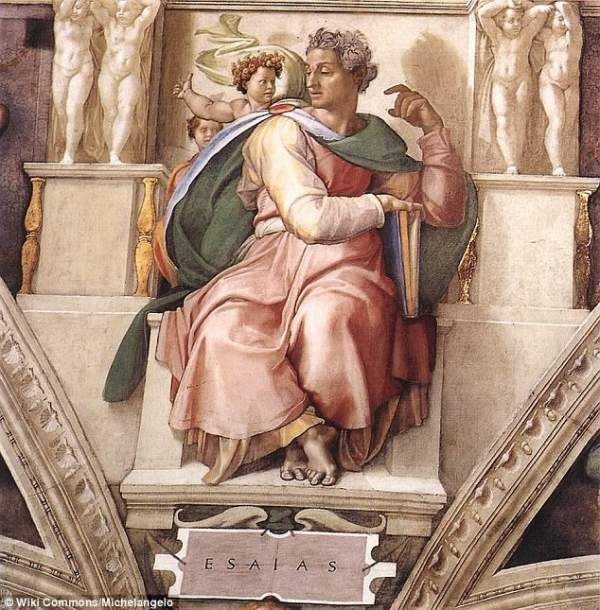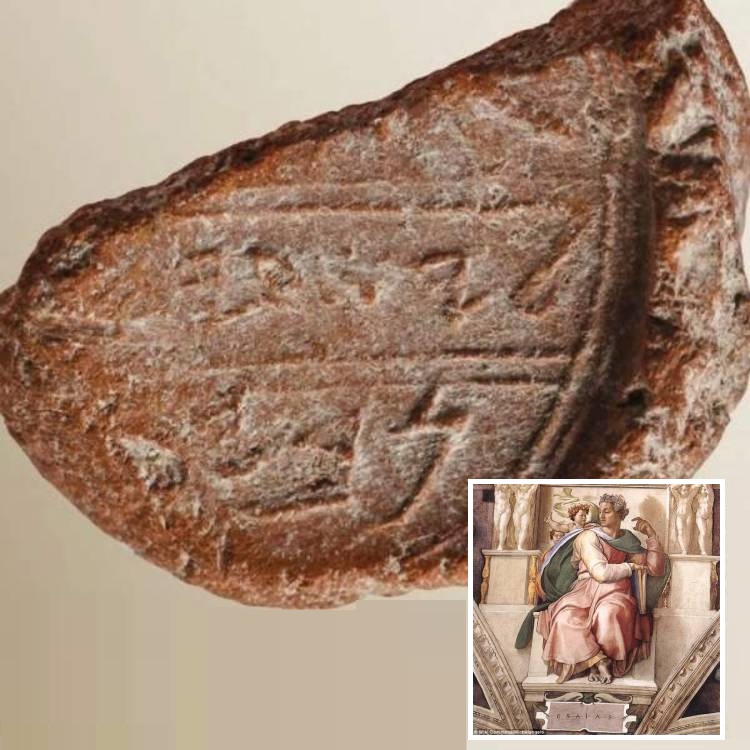Archaeologists have found a 2,700-year-old clay seal in Jerusalem bearing the “signature“ of the prophet Isaiah, one of the first prophets of God mentioned in the Bible.

While excavating south of the Temple Mount in Jerusalem, Israel, archaeologists discovered an ancient seal that may provide the first evidence that the biblical prophet Isaiah was mentioned a real character.
This small seal, dating back to 2,700 years old, was discovered by archaeologist Eilat Mazar of the Hebrew University of Jerusalem and her team, and on it is engraved the word “Yesha’yahu”, which in Hebrew means “Isaiah”. .
Unfortunately the top of the seal was lost and the left side was blurred. After restoring some damaged Hebrew characters, the inscription on the seal could mean “[belonging to] the prophet Isaiah”.
The seal was found in Jerusalem.

In addition, researchers believe that the Hebrew script inscribed on the seal almost matches the type of ancient script written in the prophet Isaiah.
According to the Hebrew Bible, the call of the prophet Isaiah roughly coincided with the western expansion of the assyrian empire. He was an advisor to King Hezekiah to defend Jerusalem against the assyrian army in the 700s BC. Isaiah was one of the closest people to King Hezekiah during the period 727-698 BC.
Previously, archaeologists had found a seal from the 8th century BC of King Hezekiah of Juhda kingdom, about 3m from the location of Isaiah’s seal. In ancient times, these seals were used to authenticate various documents and items.
According to the Bible, the Prophet Isaiah was one of the first prophets of God. (Image: Wiki Commons)
According to GS. Eilat Mazar, this is quite an impressive find and maybe what we found in this archeology is that of the prophet Isaiah. If so, it may be the first concrete evidence to believe that the prophet Isaiah is real.
“If this seal really belongs to the prophet Isaiah, it is not surprising that it was discovered next to the seal bearing the name of King Hezekiah. This shows the relationship between the prophet Isaiah and King Hezekiah described in the Bible,” Prof. Mazar said.

